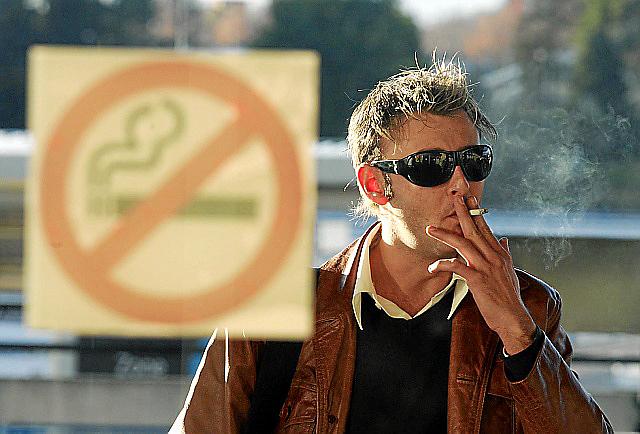The regional director of public health, Maria Ramos, recognises that inspections need to be strengthened in order to ensure that there are non-smoking areas and to also guarantee that health and educational centres are healthy environments with a one hundred per cent application of non-smoking regulation.
Although the number of inspections has fallen considerably, sanctions because of infractions have in fact been on the increase. There were ninety sanctions in 2011, 94 in 2012 and 121 in 2014.
In addition to the lower number of inspections, there has also been a decline in the consumption of tobacco. Between 2011 and 2014 the sale of cigarettes fell by almost 40%, with there having been 86.2 million packets sold last year.
The public health department accepts that it is necessary to step up the fight against smoking in the Balearics, as it has been relaxed in the past few years. While fewer men are now smoking, the number of women smokers has remained more or less constant, with one in four still smoking.
There are three elements in this fight: increasing inspections; additional help to smokers to get them to quit; and tax and price measures. In the Balearics there is also support for the initiative by the National Committee for Smoking Prevention in having messages and images of harmful effects on packets.


2 comments
To be able to write a comment, you have to be registered and logged in
Cafe and restaurants should enforce the non smoking ban as I hate it when sitting outside but under a canopy, someone lights up and the smoke drifts across my table. I don't smoke and I don't want others to inflict their filthy habit on me. As a family we have moved tables because of this on a few occasions. I might suggest no ashtrays on tables and maybe the local councils can issue no smoking signs to be used.
One of the best things that I ever did was to quit smoking six years ago,it's not easy to quit but it's the best thing you can ever do for your health and those around you,and you will no longer smell like a walking ashtray.